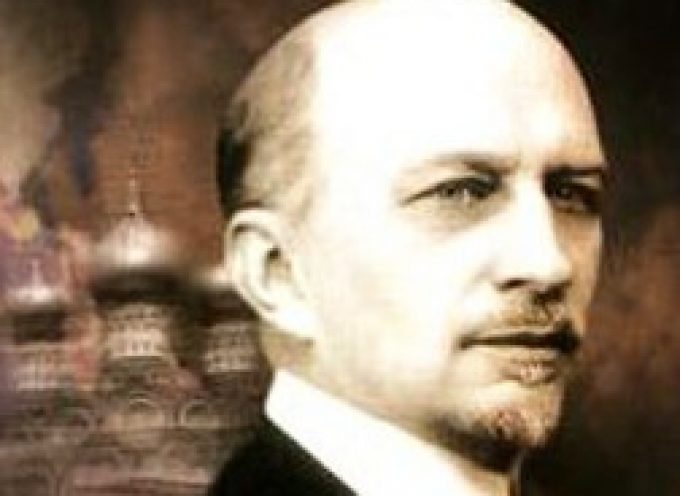(THIS ARTICLE IS MACHINE TRANSLATED by Google from Norwegian)
Aleksandr Dugin himself is admittedly not part of the Russian elite – he has no important official position in Russia, and he is by no means Putin's adviser, as one can sometimes hear.
On the contrary, he criticizes the elite for being too liberal and Western-minded, and even accuses it of being an "enemy of the Russian people." Also Putin have previously had to undergo to be too weak, Dugin believes, for example, that Putin should have invaded Ukraine already in 2014. But now the tone is different. He believes that Putin has now finally matured to become a real Russian head of state.
"The historical unity between Russians and Ukrainians."
Last summer, Putin gave a speech about "the historical unity between Russians and Ukrainians", which many believe was a kind of prelude to the war. According to Putin, Russians and Ukrainians are "one people". Dugin thinks the same, and he grounds this in the difference between people and nation. One folk (Russian: nation) is a community that embodies an "awareness of its own existence in history" – and it always has a transcendent task or mission that cannot be justified rationally. The nation and nation-state, on the other hand, are modern phenomena that are based on individuals maximizing their self-interest. Perhaps Putin now means something similar, at least he justifies that Russians and Ukrainians are one people, with arguments drawn from history. He must have spent a lot of time in the historical archives.
Ukrainian nationalism
One often hears that the war against Ukraine is nationalistically motivated. Based on Dugin's and perhaps also Putin's way of thinking, this is wrong, or rather turned upside down: It is precisely Ukrainian nationalism that threatens the Russian nation as the unity of Russians and Ukrainians. In this perspective, Ukrainian nationalism appears as an artificial attempt to turn the composite population living on the territory of the Ukrainian state into a "Ukrainian people". This includes limiting the use of the Russian language – also in areas where most people speak Russian on a daily basis.
For Putin, Lenin was a German-funded extremist.
With ill-concealed glee and pent-up aggression, Putin boasted in his speech just before the war that it was the communists, led by Lenin, who created the Ukrainian nation by establishing the borders of what later became today's Ukrainian state – and by facilitating the Ukrainian language and culture in the 1920s. For Putin, Lenin was a German-funded extremist who carried out an early form of "color revolution". This had very devastating effects for Russia, including the creation of a Ukrainian state within the Soviet Union with artificial borders – which Putin sees as his task to adjust.
Now one can ask oneself about the usefulness of knowing Dugin's concept of nation to understand what is happening today. Is it not reprehensible at all that ese Dugin – a writer who is often called "fascist"?

Competence or arrogance?
In the past, the US State Department employed many prominent academic Russia experts, people such as George Kennan. The idea was that it is easier to fight the enemy if you know him. Today, this wisdom is gone, and the scene is dominated by warmongering screamers who score cheap points by pasting derogatory characteristics such as "fascist" and "Putinist" on their opponents. But perhaps the top academic expertise on Russia in the US State Department was a reason why the Cold War never warmed up?
It is popular to portray Russians as evil and stupid
Let's overhear the mob, let's familiarize ourselves with the Russian way of thinking, let's read Aleksandr Dugin, Ivan Ilyin, Lev Gumilev and the other thinkers who in various ways characterize today's spiritual-political climate in Russia. The stencils must go. Dugin is a rich thinker in the fields of anthropology, sociology, political philosophy and geopolitics, and he has in-depth knowledge of German Martin Heidegger's philosophy and large parts of continental philosophy from the last hundred years. For example, his concept of "people" is inspired by Heidegger's concept of "presence" (To be there).

Arrogance and condescending attitudes towards non-Western cultures are, according to Dugin, an essential component of the Western mindset. He calls it racism. Nowadays it is popular to portray Russians as evil and stupid. Let us resist these primitive instincts, let us rather find out about the "enemy", the Russian man, the Russian world. Russia's invasion of Ukraine is against international law, brutal and reprehensible. But even such phenomena can and should be explained if we really want to avoid stumbling into our own simplified representations of them – and not least if we want to combat them.


